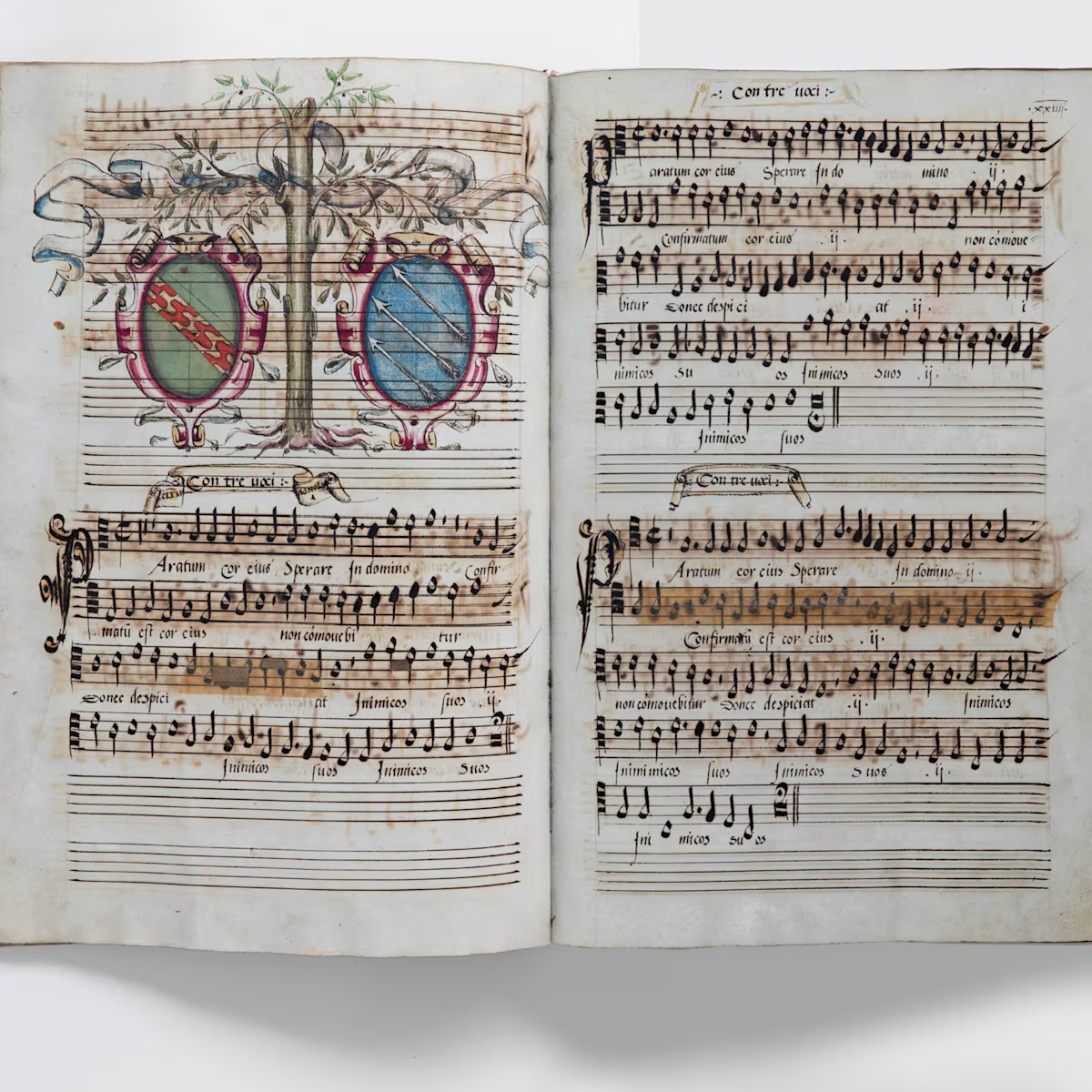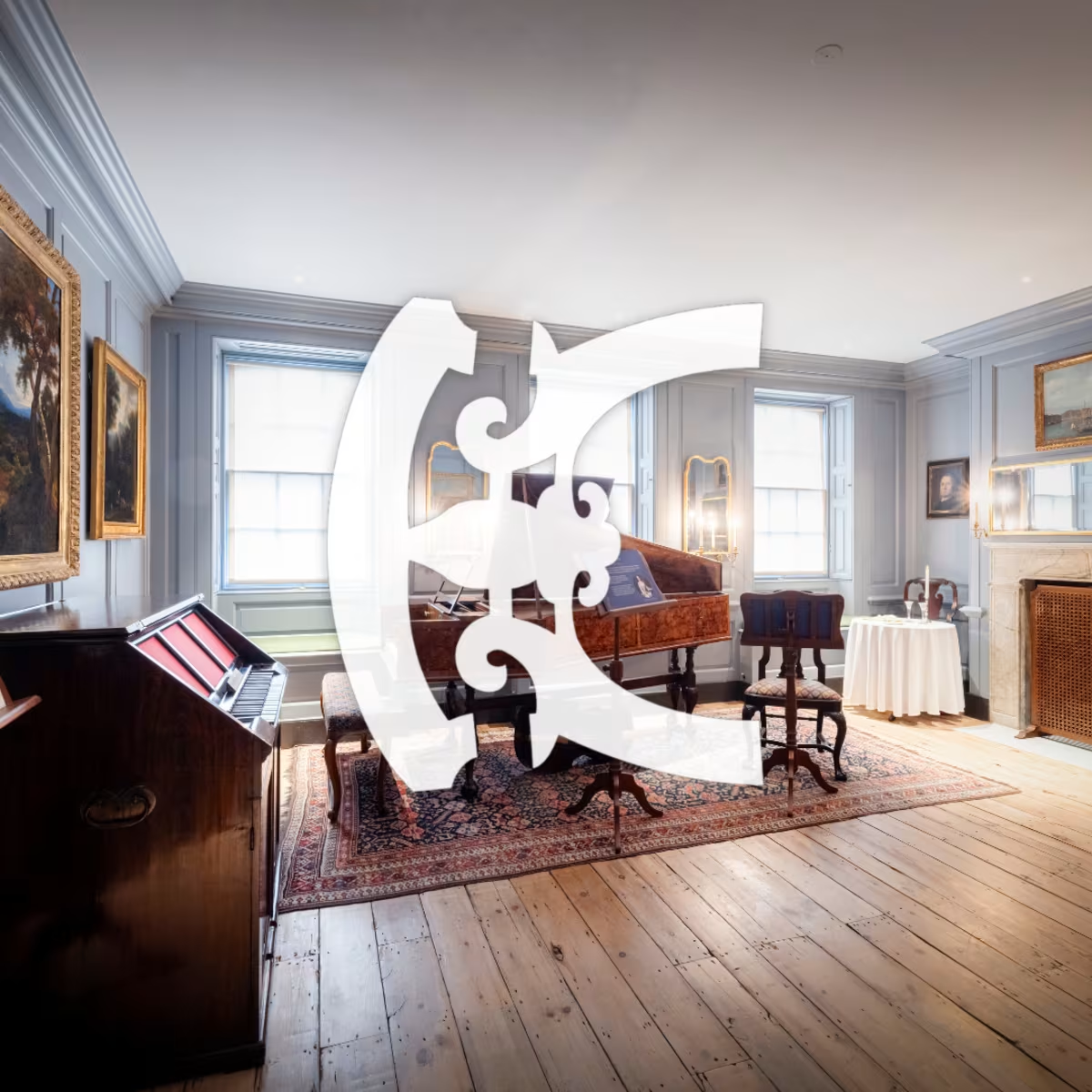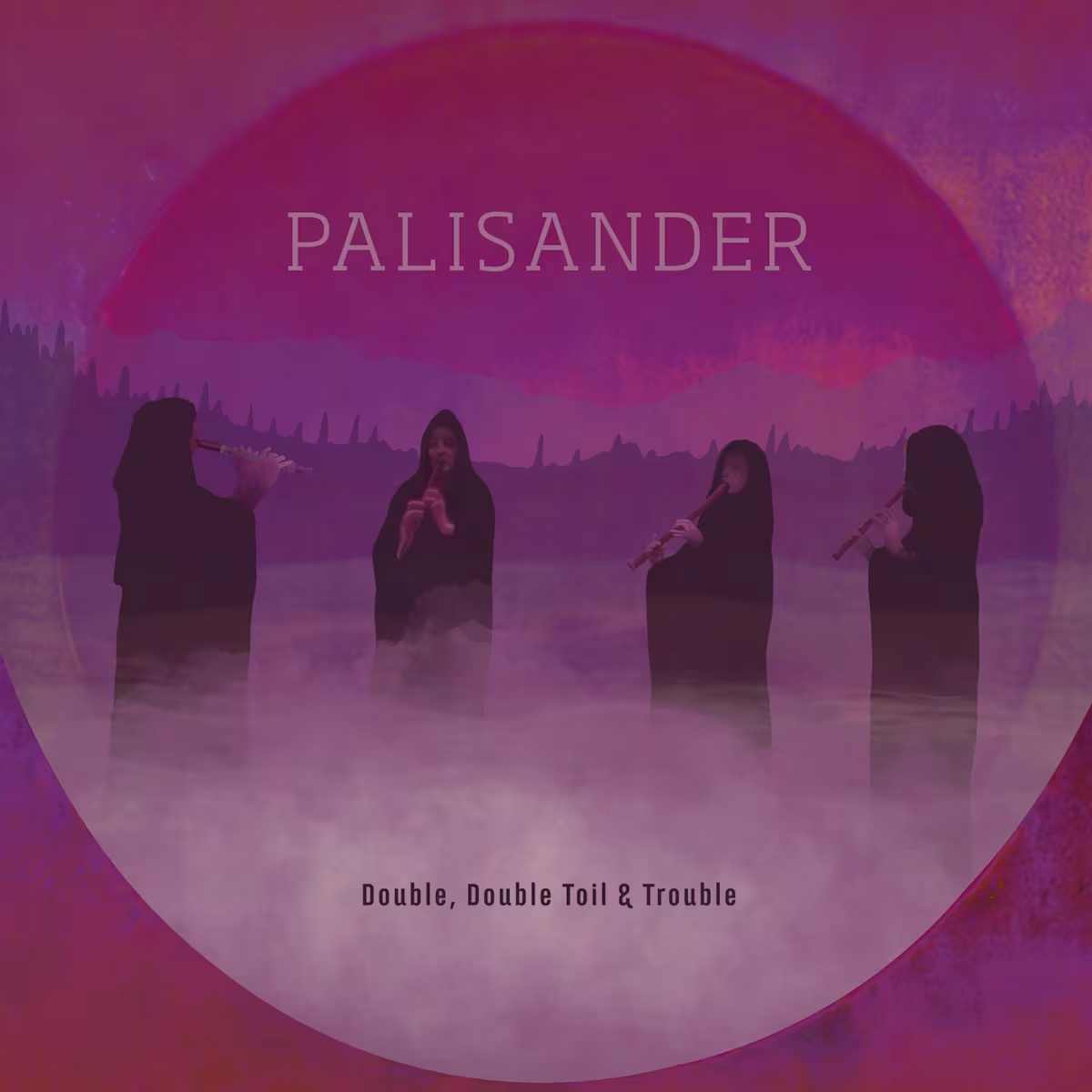Feature
Richard Egarr: At the Heart of Early Music
Keyboard Virtuoso and Visionary Conductor
Share this

FIRST PUBLISHED 25 AUG 2024
There has hardly been a time over the last 35 years when Richard Egarr has not been at the forefront of the early music movement's development - first in London, then Amsterdam, and for much of this century in the United States too. At the beginning his reputation rested on his keyboard playing, the harpsichord and organ, but he soon moved into directing, whether from the harpsichord or conducting. These days he is back at the keyboard but exploring period pianos. For the last decade, he has been recording music for four hands by Dussek, Schubert and J. C. Bach with his wife, Alexandra Nepomnyashchaya, as Duo Pleyel, for Linn Records. "I very rarely play solo these days, though I will play harpsichord or piano with orchestra. Now we are working on all the piano transcriptions Czerny made of the Beethoven symphonies. So far we've used an Erard from 1836 for numbers three and six, and our own 1848 Pleyel for five and eight. They certainly set the keyboard juices flowing."
Johann Sebastian Bach 'Keyboard Duet in F Major, W.A 20: II. Rondo. Allegro' by Duo Pleyel, courtesy of Linn Records
Egarr's encounter with music began early when his father, who worked for British Rail in York, enrolled him as a chorister at York Minister and then at Chetham's Music School in Manchester (next door to its much smaller cathedral). His progression from there to being organ scholar at Clare College, Cambridge, was natural. He went on to finish his studies at the Guildhall in London and then with Gustav Leonhardt, beginning a lifelong association with the Netherlands, where he still lives. For many years he was director of the Academy of the Begijnhof in Amsterdam - the peaceful hidden garden in the city centre that was a mediaeval sanctuary for women who wished to be secluded but not in a convent. Its chapel is one of the best preserved Renaissance spaces in the city, where it is known as the English Church because it was ceded to 17th century Presbyterians who were not tolerated at home, and is now (just to confuse things more) the home of the Church of Scotland. It was the perfect place for Egarr to work on his own development and repertoire.
Before the permanent move to Amsterdam, he began his career playing with London Baroque, the orchestra founded by Charles Medlam and Ingrid Seifert that included an extraordinary list of players who became leaders in early music - among them Lars Ulrik Mortensen, Richard Boothby, Lisa Beznosiuk and Nigel North. It was an exciting time to be coming into the business and, Egarr feels, much easier to find work as an emerging player than it is now, for which he is endlessly grateful. "When I first came to the Netherlands there were so many opportunities for young chamber ensembles - so many churches and historic houses had concerts - but venues are much more limited now and everything is being cut. Just this year, all the National Youth Choirs and Orchestras had their structural subsidies axed. It is a policy that is so blinkered and bleak."

His breakthrough into the most visible ranks of the movement came when he succeeded Andrew Manze as Associate Director of Academy of Ancient Music in 2005, moving into the full director's role when the founder, Christopher Hogwood, relinquished it a year later. Egarr remained in the role for the next 17 years, establishing its choir and recording several albums of Bach (including the complete harpsichord concertos) and Handel. With the reputation secure, he began working more often with non-period instrument groups, building a relationship with the Scottish Chamber Orchestra and the main symphony orchestra in The Hague, the Residentie Orchestra, where he is now Principal Guest Conductor. He also works closely with the St. Paul Chamber Orchestra in Minnesota. There has been plenty of teaching too along the way. "I taught at Amsterdam Conservatory for many years and now at the Royal Conservatory in The Hague, in much the same way as I did at Julliard, coaching chamber music. I want the students to push the boundaries and cause trouble! There are some excellent young string and keyboard players coming through."
The start of this decade was difficult for him but at the same time changed his priorities and perspectives. His appointment in 2020 as MD of Philharmonia Baroque Orchestra (PBO) in San Francisco was not what he had hoped. Interrupted severely by the COVID period anyway, in 2022 he was struck down by sepsis, which nearly killed him - at a moment when his two children with Alexandra were very young. "The only good thing about the COVID time and being ill afterwards was that I could spend time at home with my wife and two young kids." These factors, and some resistance to change within PBO, led him to end his tenure in 2024.

Turning 60 has concentrated his mind on music-making closer to home. Over the next couple of years he will be working more with the Netherlands Bach Society and the Orchestra of the Eighteenth Century, two of the mainstays of Dutch early music life, and with his wife he will be connecting energetically with the community in Amsterdam. "I believe in music and what it can do. I was so lucky to be directed into the cathedral system at York Minster. I've always been concerned to open up concerts so that they are less intimidating. I talk to the audience to stop the concert being stuffy. I want it to be interactive, to make it more like a jazz experience. Now I'm starting a foundation, Music For All, with concerts starting in November," he says. They will be held in the Waalse Kerk, the ancient church in the oldest part of Amsterdam that has been used increasingly as a concert venue in the last ten years. "These will be concerts where you can come in and sit anywhere, free for under 12s, that only last an hour at 4.30 in the afternoon so that families can come easily. We've already done a programme called Birds, Beasts and Blockbusters. We're going to launch with a four concert series then offer it free to schools outside central Amsterdam next year."
Author: Simon Mundy
Share this
Keep reading

Sisters of polyphony
Laurie Stras uncovers the stories behind the extraordinary Biffoli–Sostegni manuscript, and traces the lives of the nuns who sang from it.

Playlist: Handel in London
A playlist that explores the music written by George Frideric Handel in London: from operas and oratorios to instrumental highlights.

Double, Double Toil & Trouble | Palisander
Palisander’s new album, Double, Double Toil & Trouble, features repertoire spanning 900 years, inspired by the mystical and magical.



